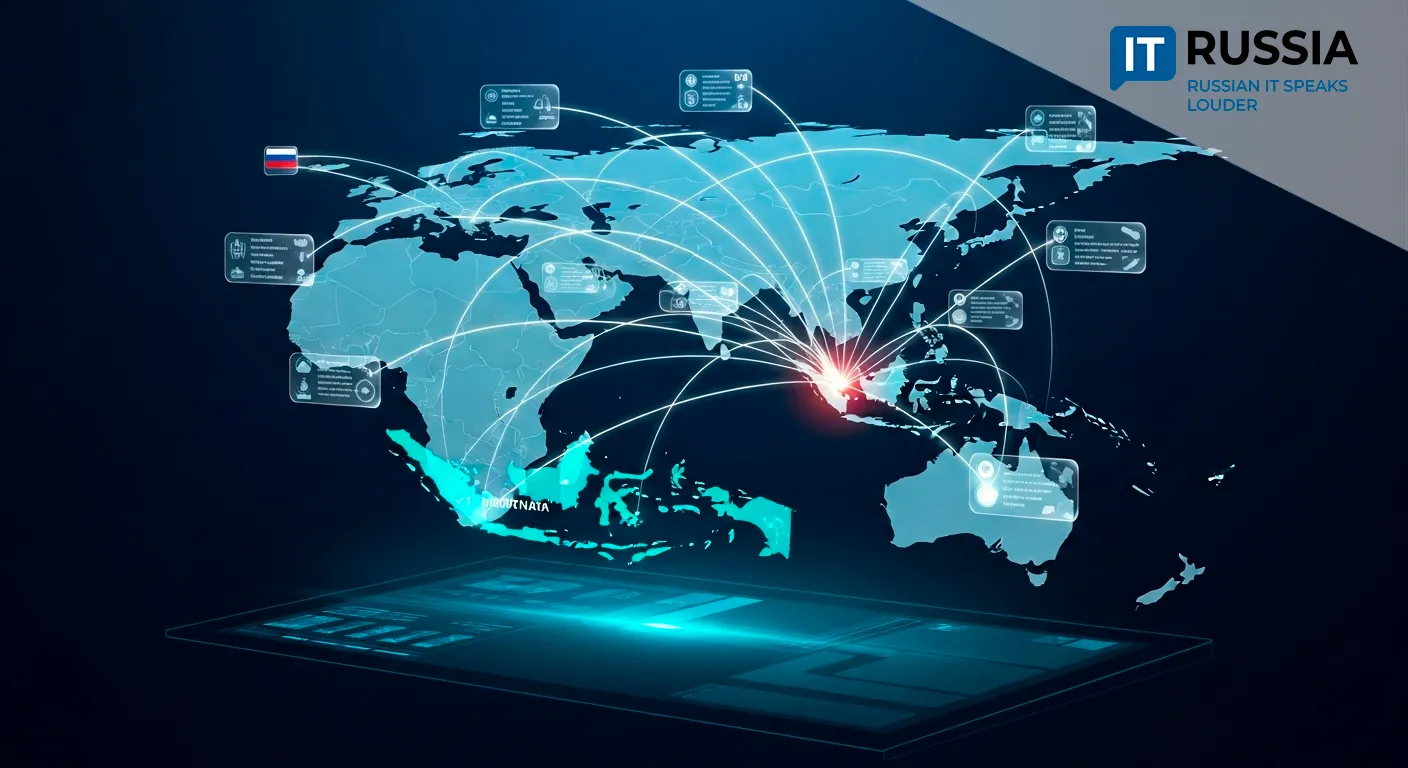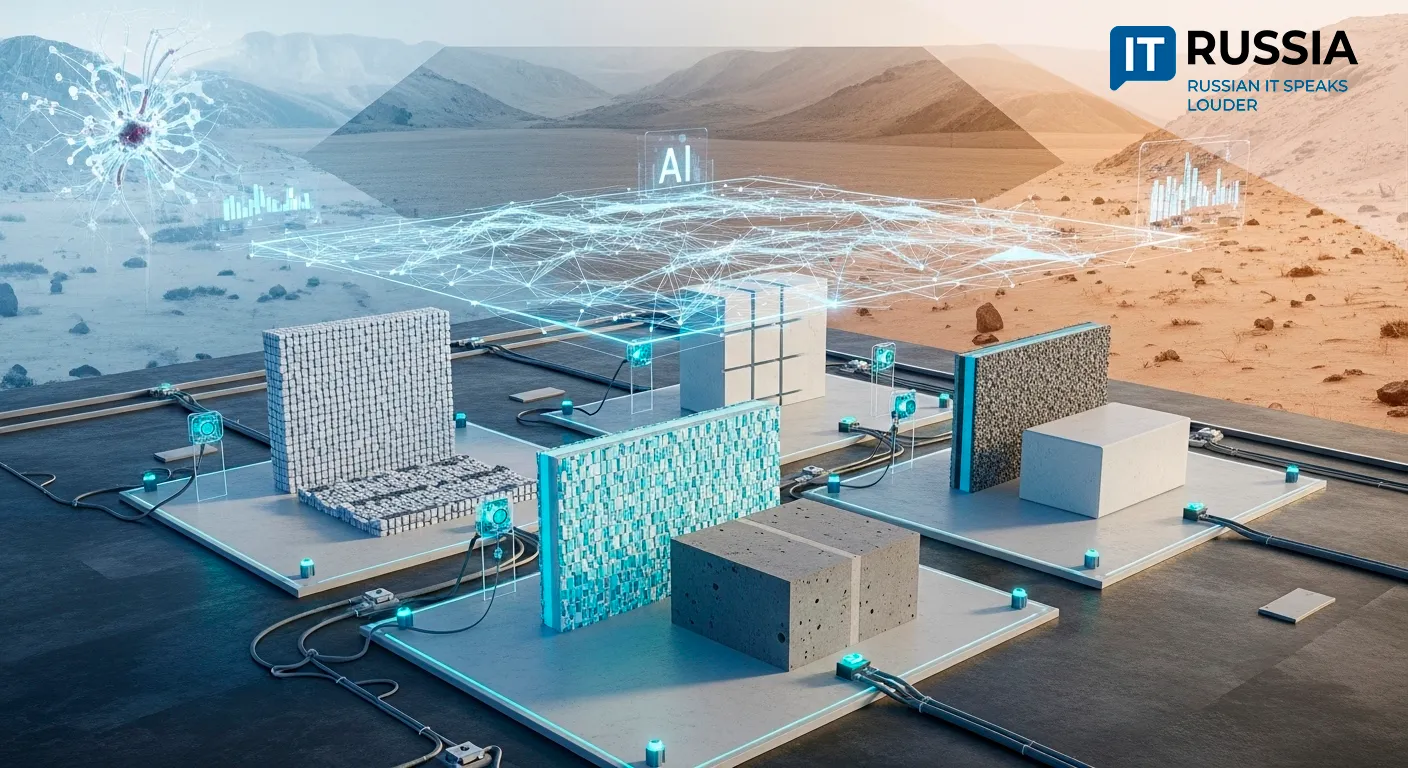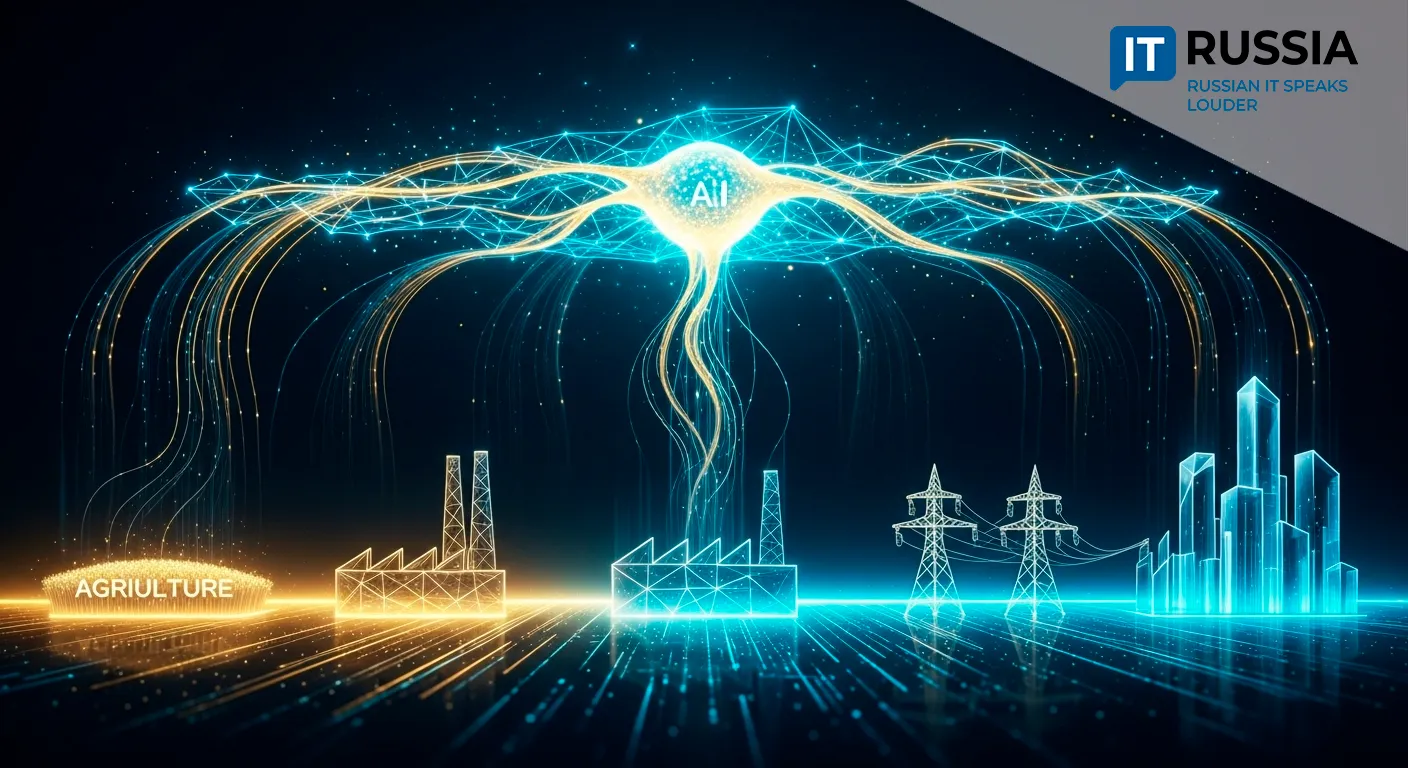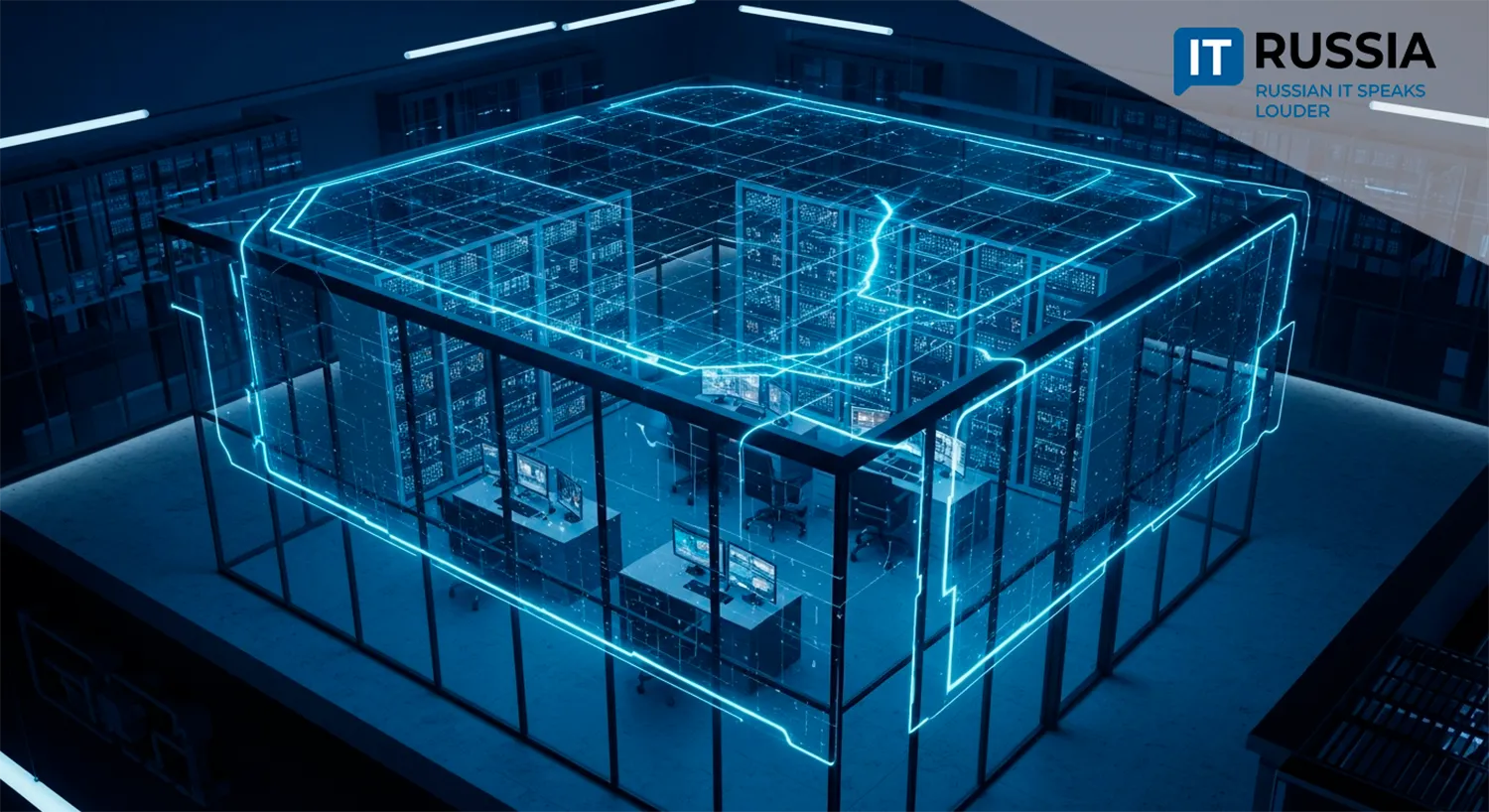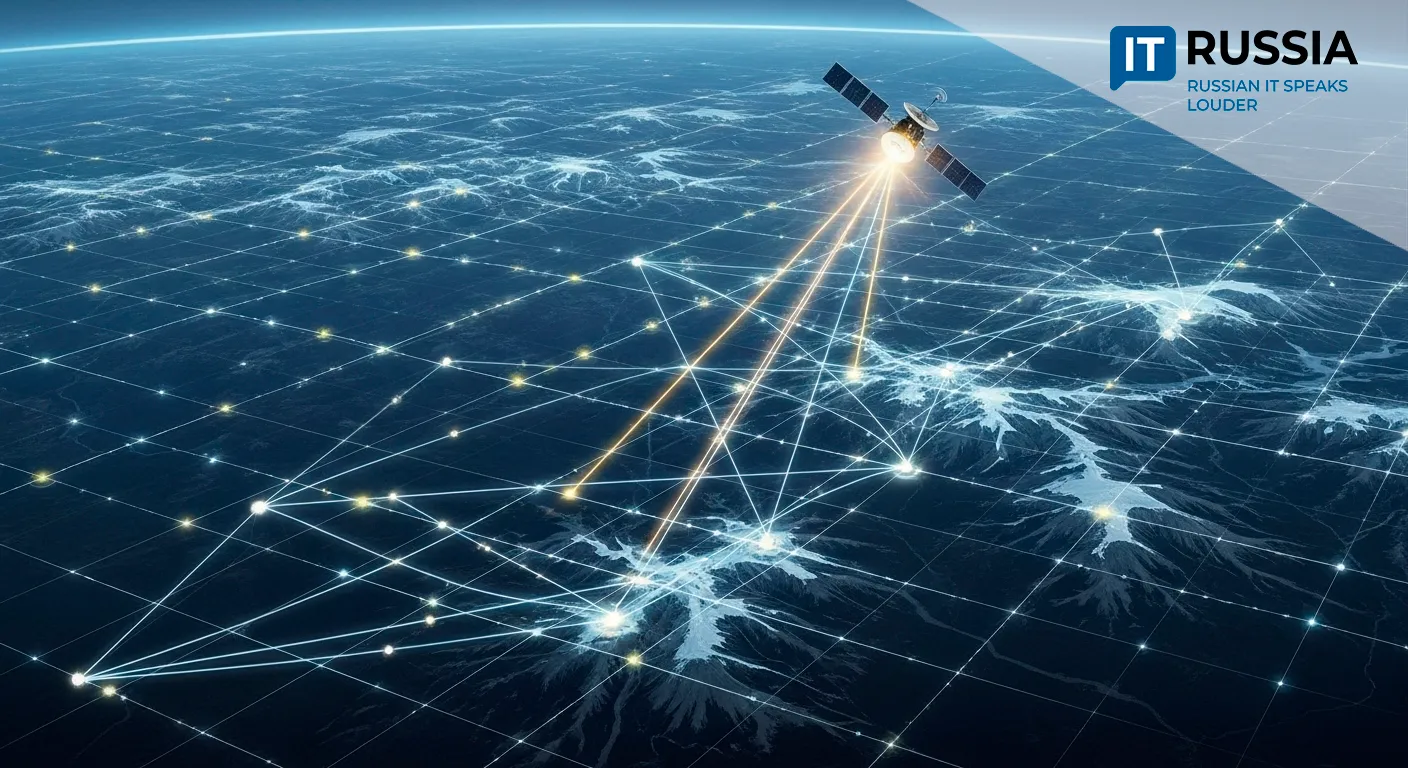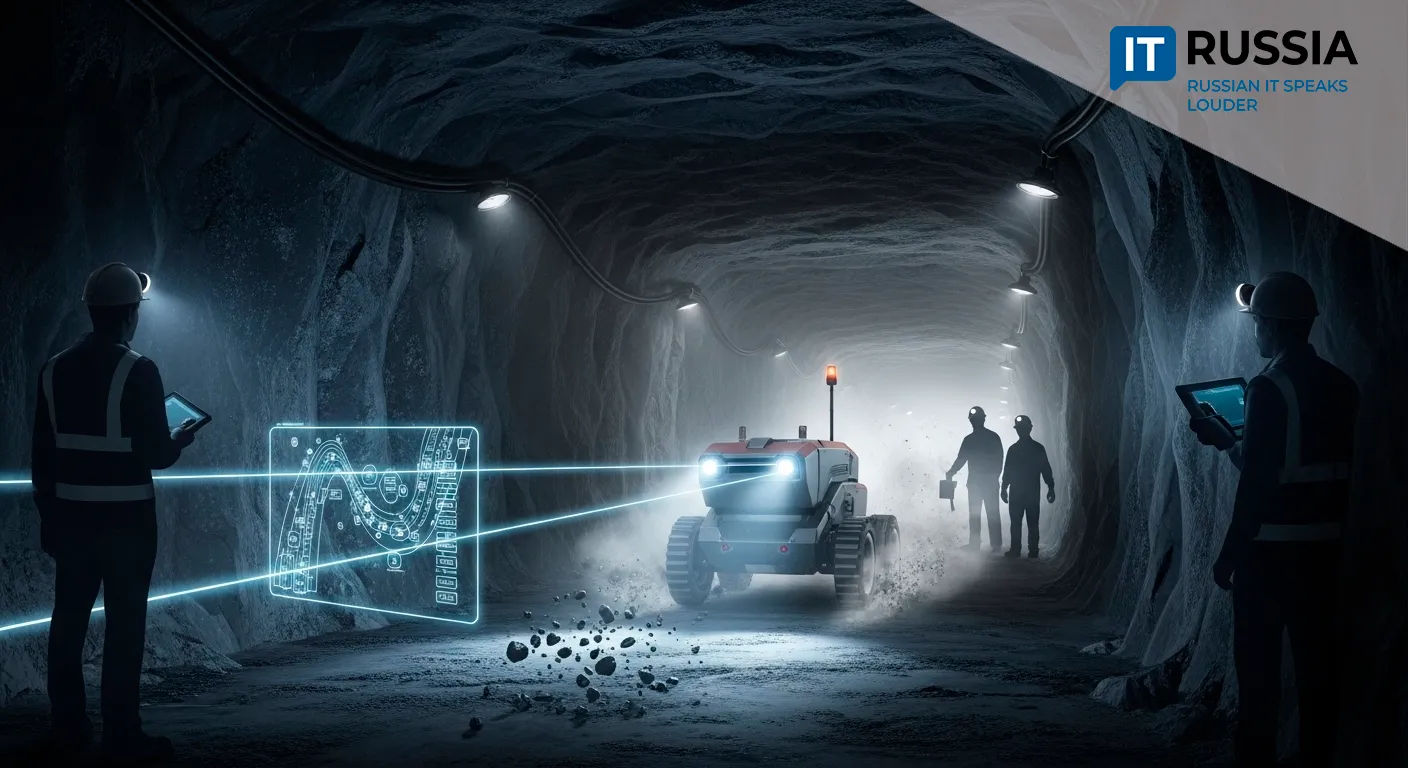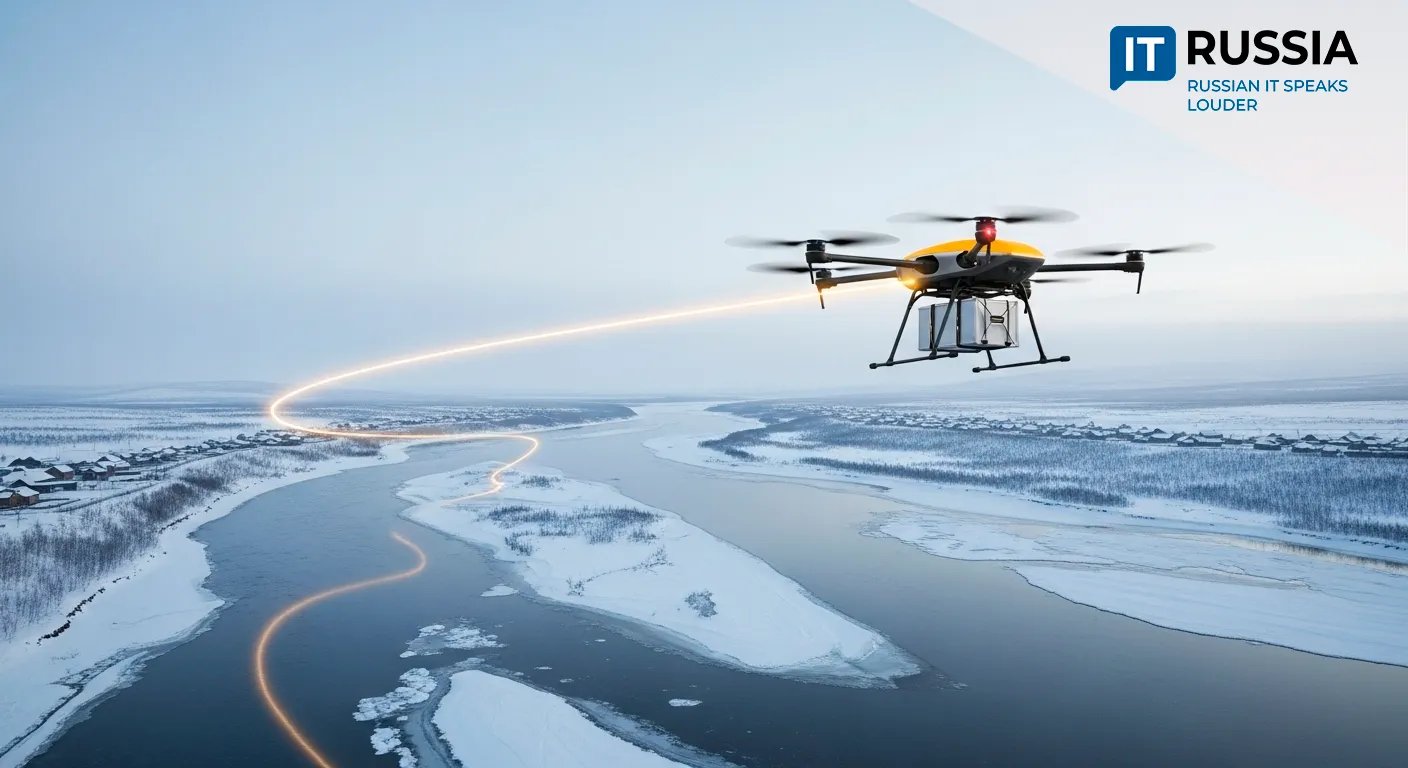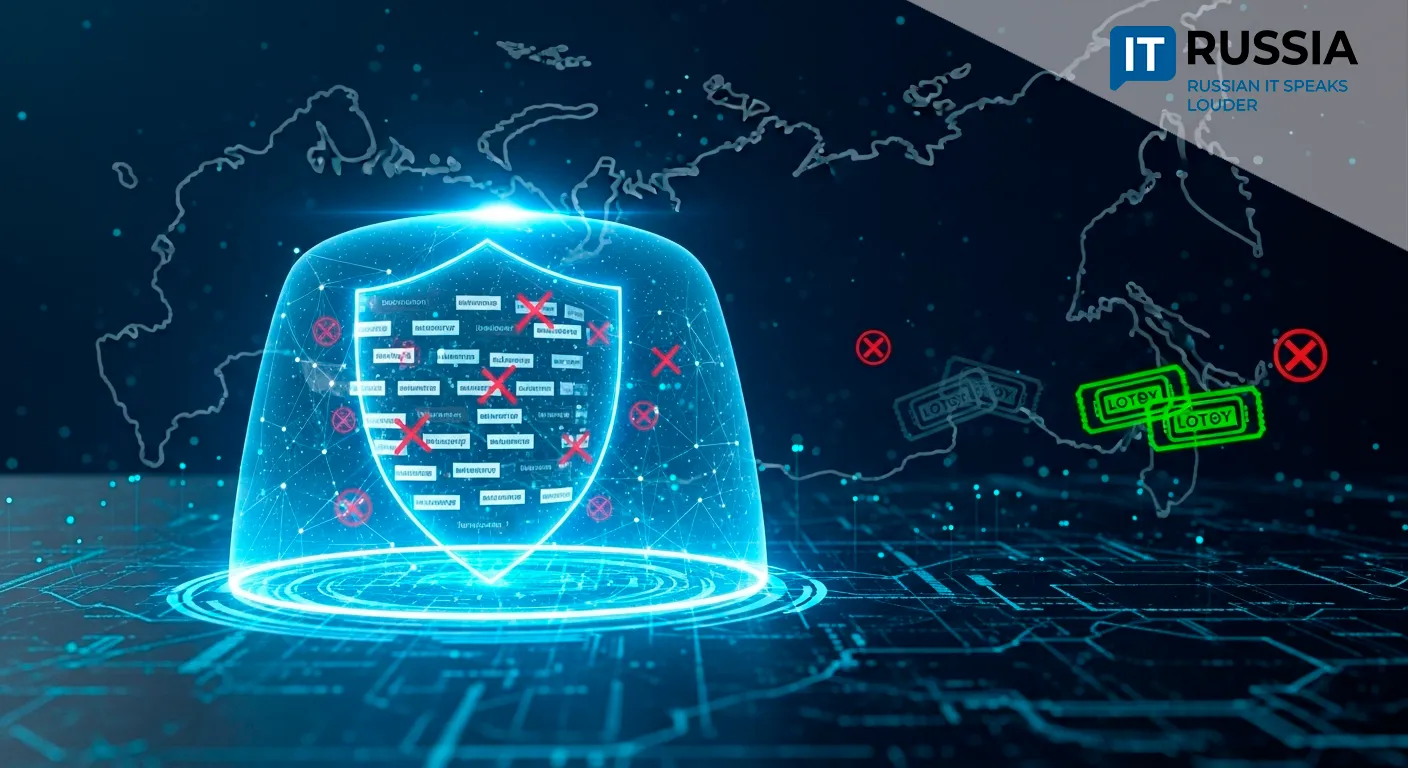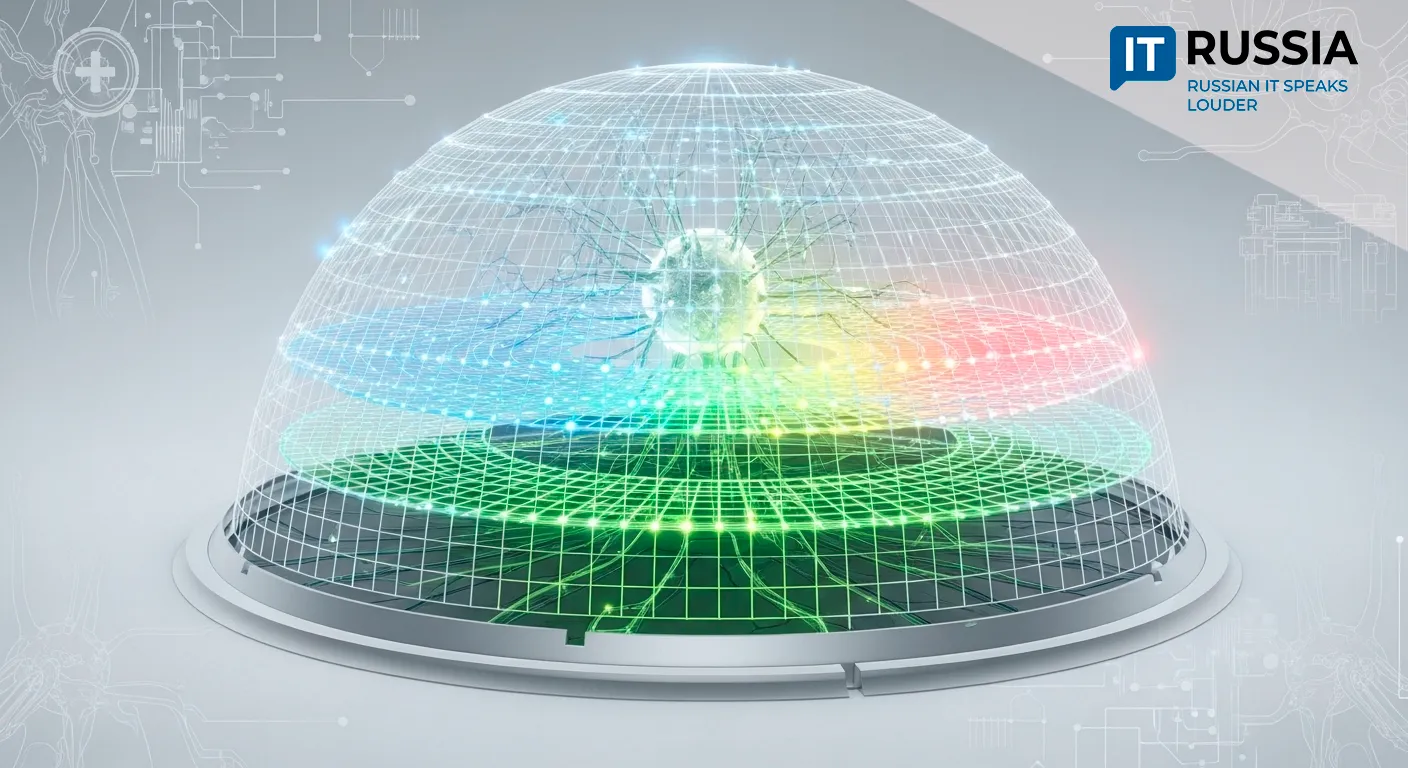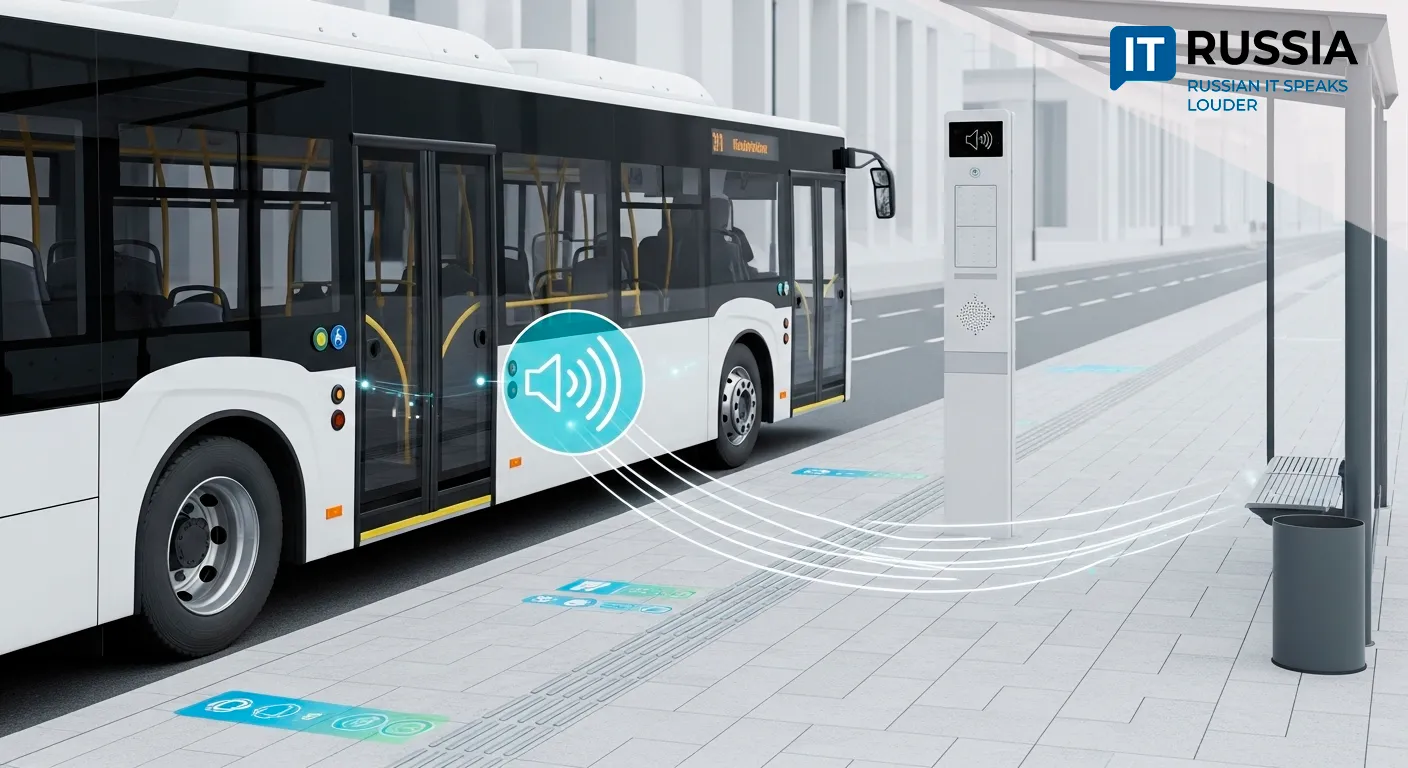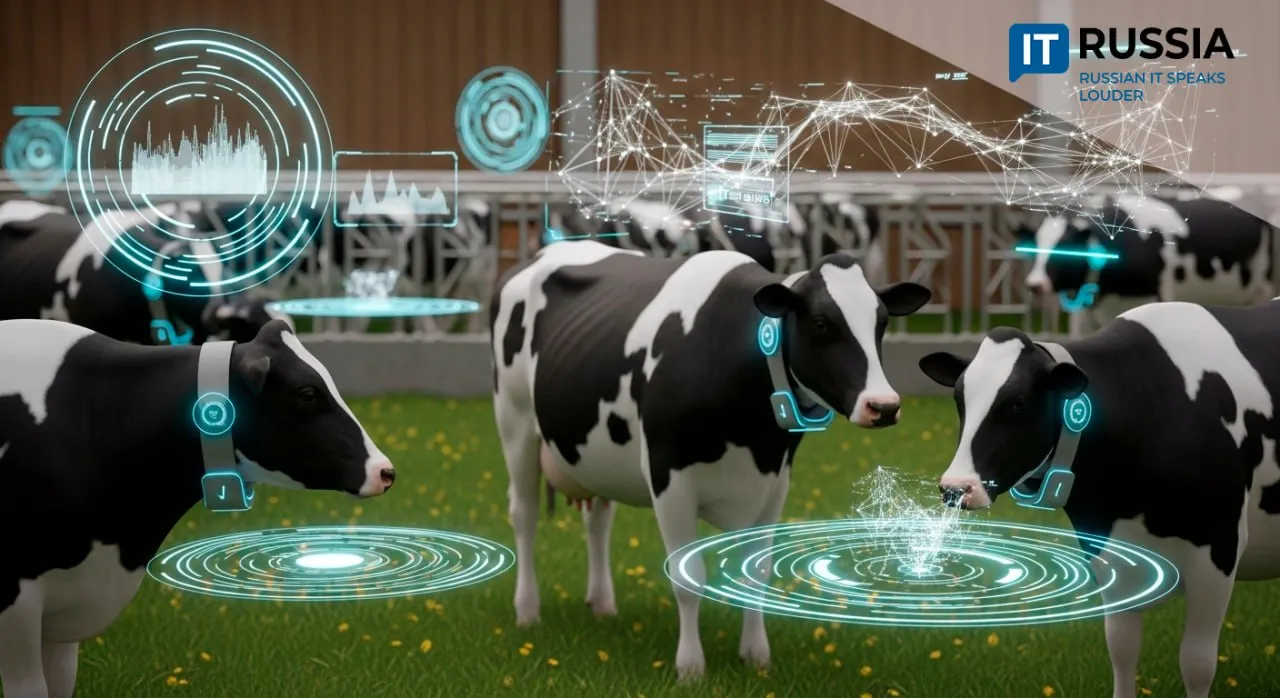AI Is Cracking Down on Lawn Parking in the Moscow Region — and Saving Green Spaces
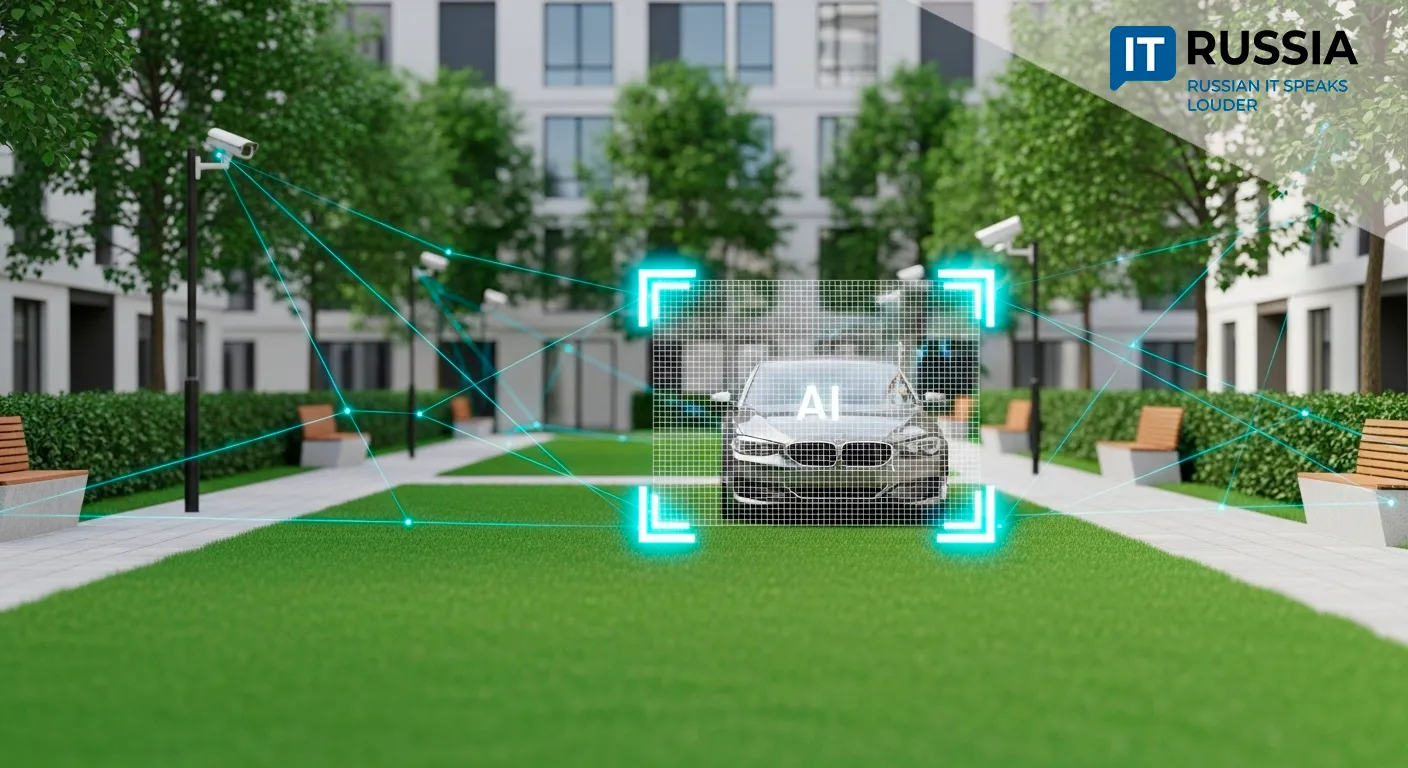
An AI-based surveillance system in Russia’s Moscow Region is protecting residential green zones by catching drivers who illegally park on lawns — a small but critical win for urban ecology.
AI for Order and Urban Ecology
In just two months, a new AI module linked to over 250 cameras of the 'Safe Region' system identified 105 cases of illegal parking on lawns in the Moscow Region. The system reads license plates and forwards them for enforcement, automating the process and enabling faster responses.
Over the past three years, the number of AI-based projects in the region has grown from 9 to 38, delivering more than 2.5 billion rubles (about $28 million) in economic impact. The technology not only saves public funds and reduces manual labor but also cuts resident complaints by speeding up action.
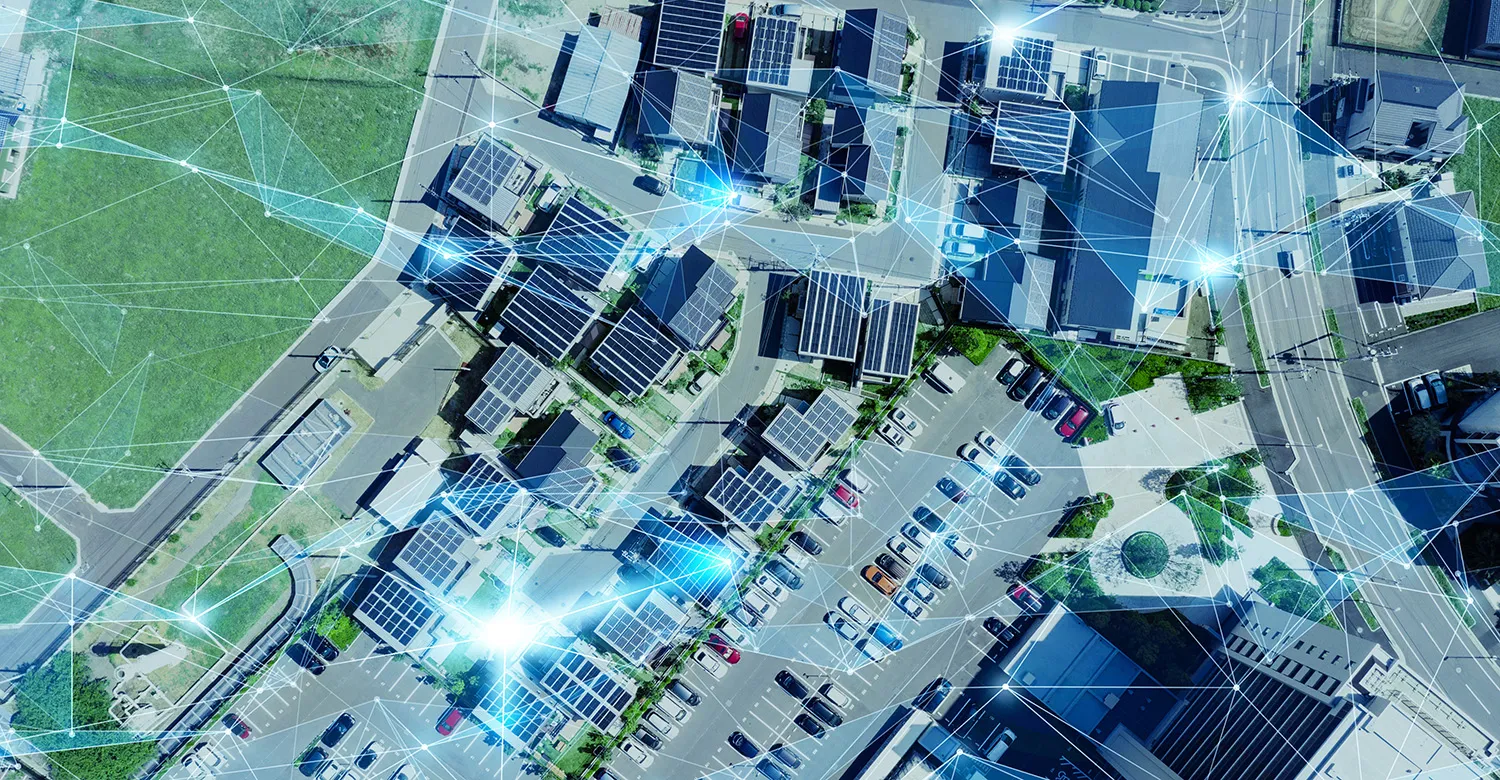
The anti-lawn parking initiative isn’t just about ticketing drivers — it’s part of a broader strategy for greener, more livable cities. For residents, the biggest benefit is preserving precious green zones. For officials, it’s about scalable enforcement. Digital systems relieve municipal workers and improve public oversight.
Smart Cameras Watching More Than Grass
This is just one of several AI programs already operational across the region. A similar system uses 548 cameras to monitor waste collection points. If a vehicle blocks a garbage pickup zone for more than 10 minutes, the AI system logs the violation and can trigger a fine. To date, over 4,000 such incidents have been flagged, with a reported 40% reduction in blockages.
Another neural network tracks non-functioning streetlights using data from 66,000+ surveillance feeds. It helped identify and resolve over 15,000 lighting issues. More recently, cameras have begun monitoring littering on children’s playgrounds — and yes, fines are being issued.
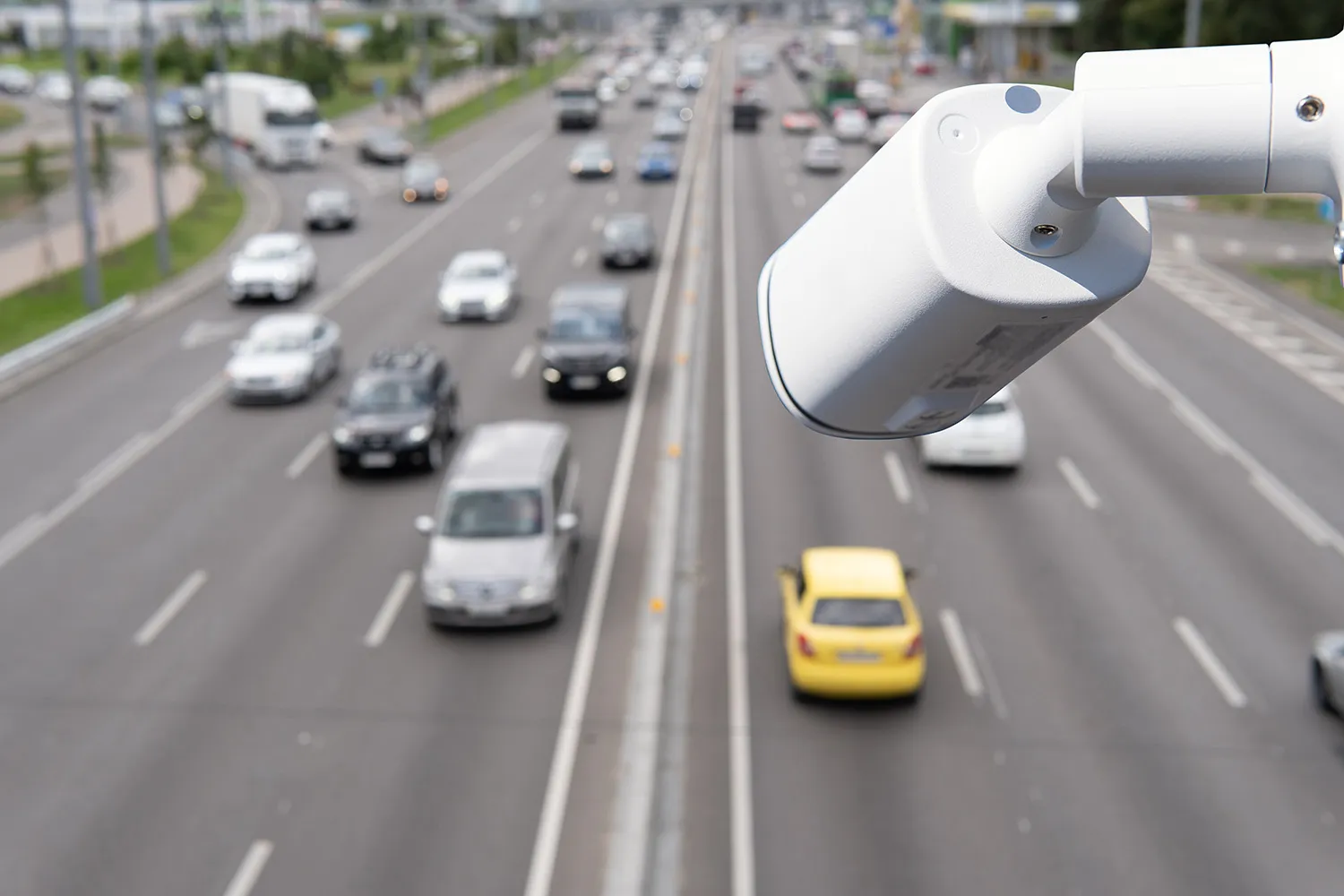
The common thread: AI is making it easier to enforce civic norms that directly impact community cleanliness and environmental quality.
An Unusual Use Case — With Big Potential
AI is widely used in cities like Dubai, where it enforces parking violations, and in China, where it powers large-scale environmental monitoring. What makes the Moscow Region’s project unique is its narrow ecological focus — specifically, protecting grass lawns in residential areas.
In the coming months, the number of cameras connected to the system is expected to grow, and by 2026, the model could become part of Russia’s federal Smart City framework.
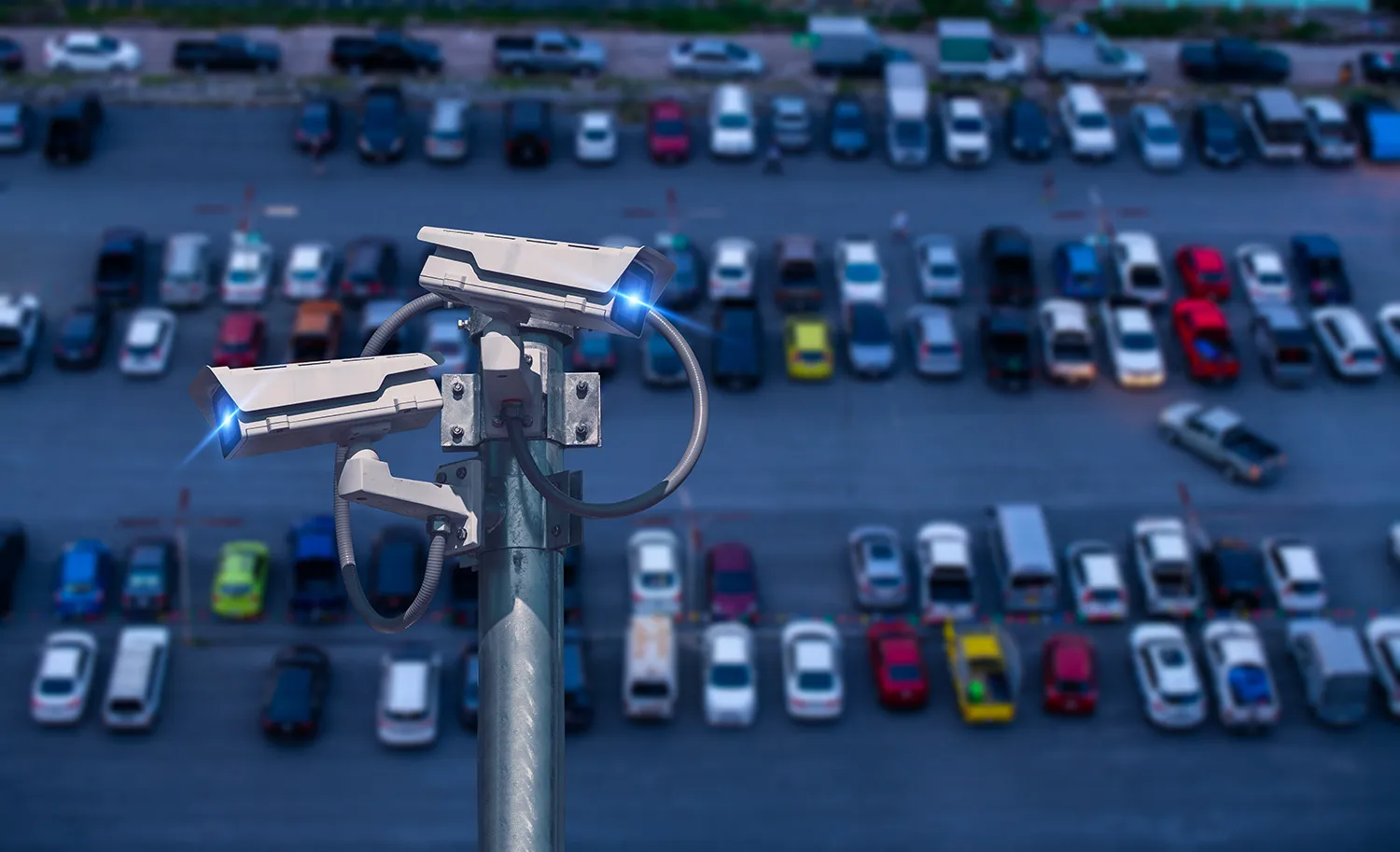
Officials say this technology represents more than just a new enforcement tool — it’s a step toward smarter urban design. The system may ultimately evolve into a digital ecosystem for urban management. The challenge will be balancing enforcement with livability. But one thing is clear: the era of lawn abuse is ending, one license plate at a time.




